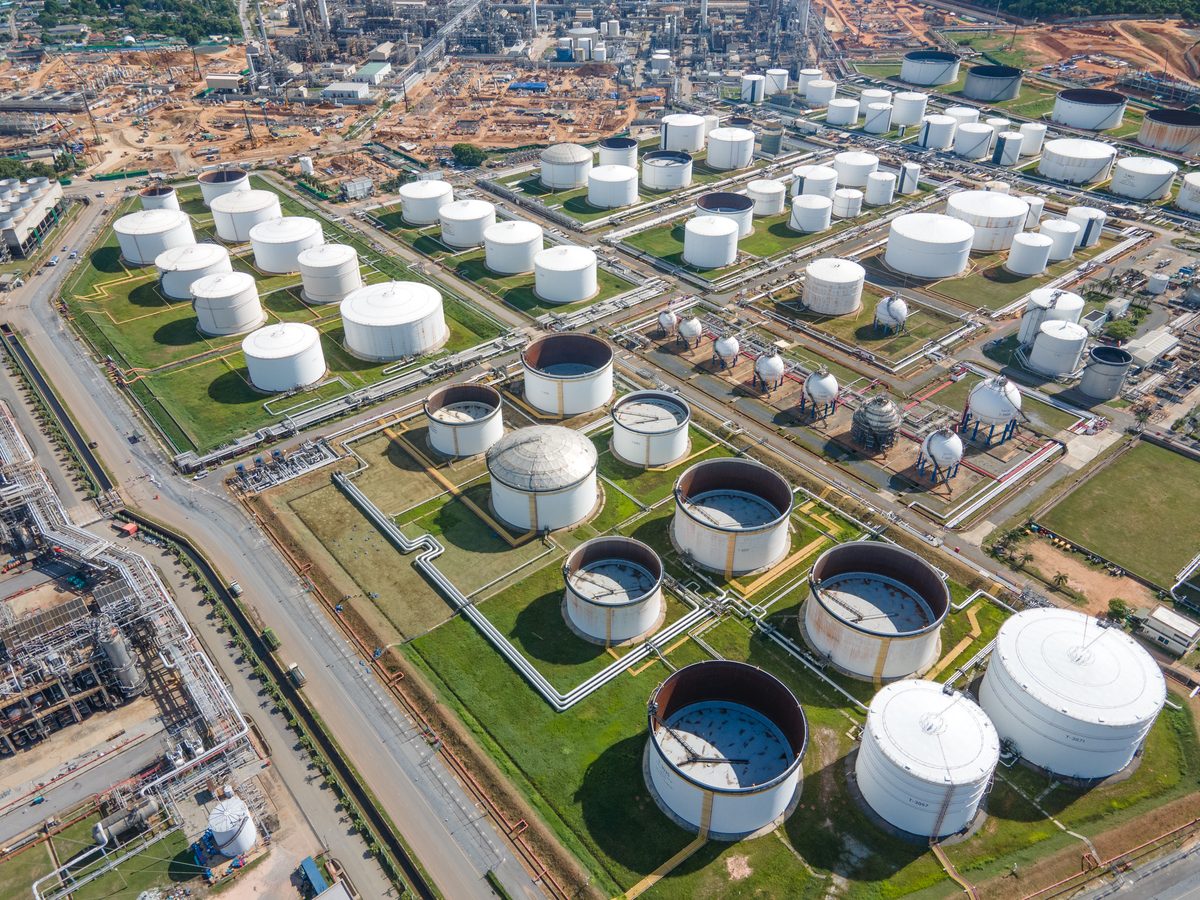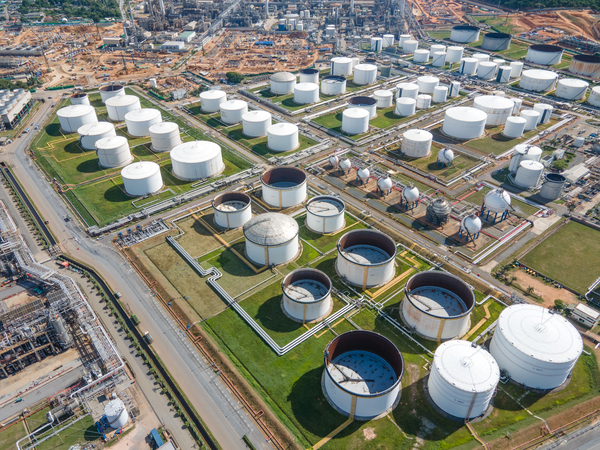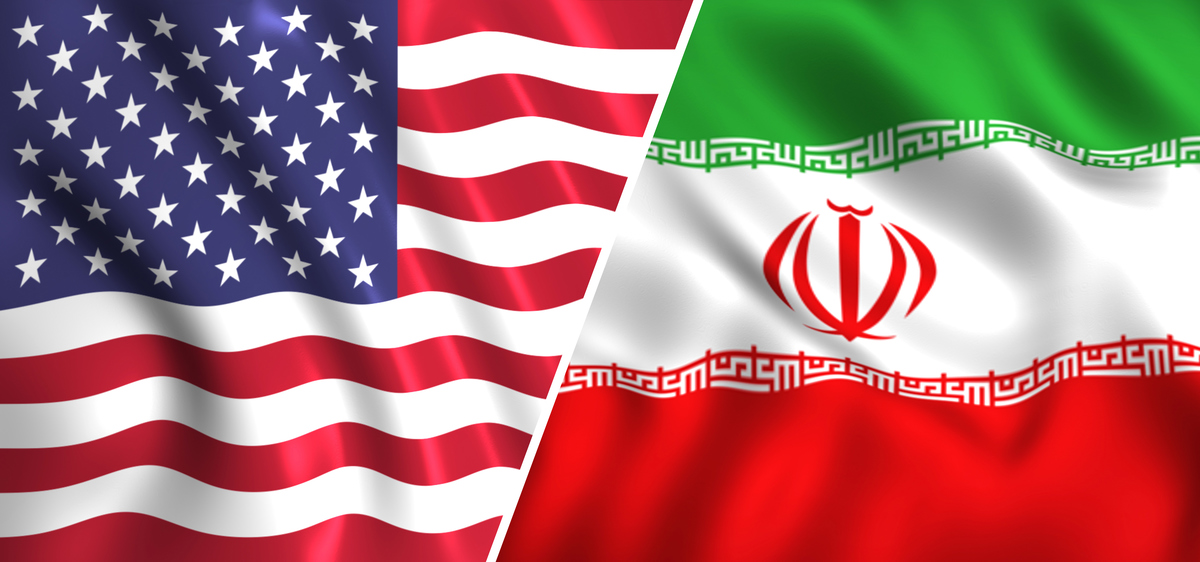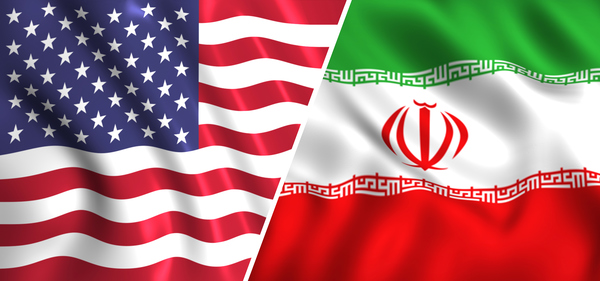Brent gains as EU sanctions on Russian oil imports inch closer
Front-month ICE Brent has increased by $1.39/bbl on the day from Friday, to $98.05/bbl at 09.00 GMT.

PHOTO: The G7 nations (from left to right) are Germany, France, Canada, the US, UK, Japan and italy. Getty Images
Upward pressure:
G7 nations will implement a price cap on seaborne Russian oil in the coming weeks, according to an official joint statement. The group has also urged other oil-producing countries to increase production to help reduce volatility in the energy market.
Official sources have informed Reuters that the G7 coalition has decided to set a fixed price cap instead of a floating rate. Sources had told Reuters in October that “the cap will be determined in line with the historical average of $63-$64/bbl, a level that could form a natural upper limit.”
Experts predict that a price cap on Russian imports will only add near-term pressure to the existing supply constraints. Frank Schallenberger, head of commodity research at German bank LBBW says “Russian exports will find other buyers in Asia in the long term. But in the short-term, the sanctions could result in some 1.5-2 million b/d that will be taken off the market.”
The US-Iran-Saudi tussle is also affecting Brent. The conflict has raised concerns over output from major oil-producing nations. The Washington Post reports that the US has launched warplanes toward Iran after receiving reports that it was preparing to attack Saudi Arabia's oil production base. The Iranian government, on the other hand, has denied claims that it is planning to attack Saudi Arabia or any other Middle Eastern country.
Downward pressure:
US Secretary of State Antony Blinken has expressed confidence that Russia will not curb supplies in retaliation to a price cap, adding that it needs to sell energy to “keep its economy going.” Blinken has said that the price cap is designed to “ensure that energy continues to come onto the market to meet demand.”
China has reaffirmed its zero-Covid policy, deflating expectations of a rebound in oil demand in the world's top oil importer. The National Health Committee of China stated that the nation should "absolutely not waver from the overall strategy aimed at preventing the virus from entering from abroad and regenerating from within.”
Chinese oil demand remains weak, but showed some signs of recovery last month. The country's crude imports rose by 0.6 million b/d from September to 10.16 million b/d in October - a five-month high, according to data from China's general administration of customs. Despite this, its year-to-date imports remain 10.4% lower than last year, according to Reuters analysis.
By Konica Bhatt
Please get in touch with comments or additional info to news@engine.online






